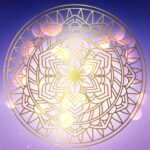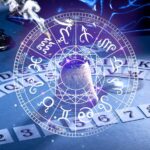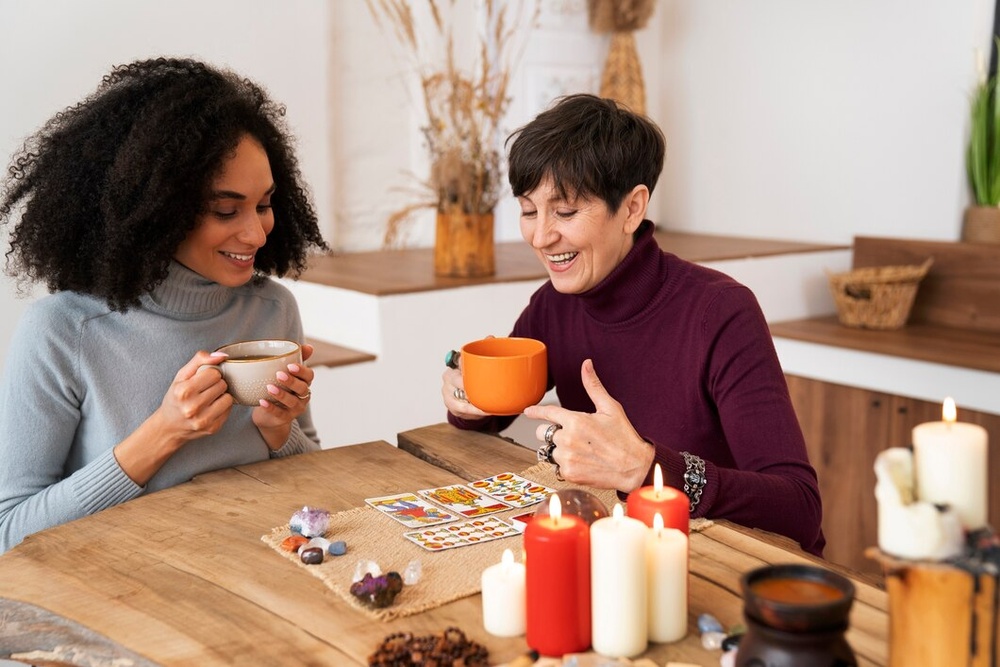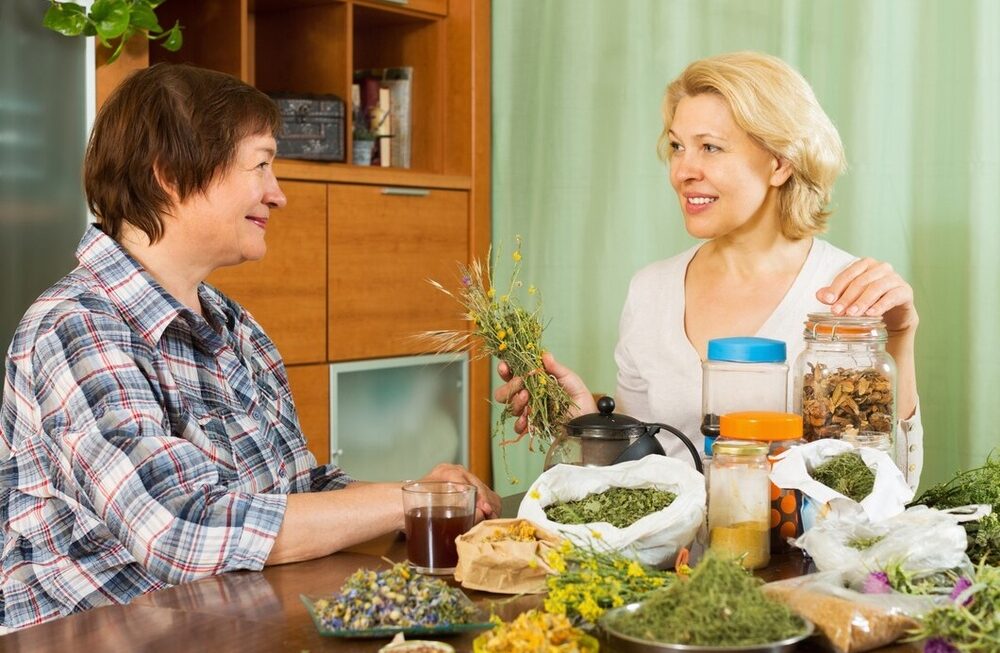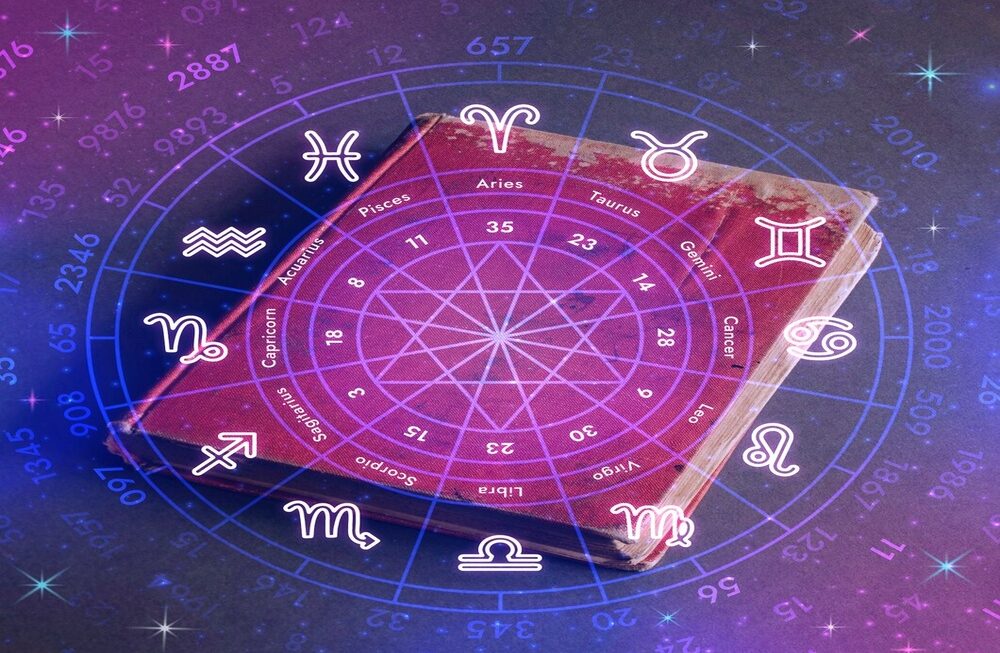This is a critical factor. Following the analysis of Graha Maitri (5 points for mental friendship), we now address Gana Kuta, which holds a significant 6 points. This factor moves beyond abstract mental alignment to assess the practical, day-to-day temperament compatibility of the couple, determining the psychological atmosphere of the home.
The Heart of Harmony: Gana Koota and the Essential Temperament Match (6 Points)
In the powerful 36-point matching system known as Ashtakoot Milan, factors are weighted by their direct, daily impact on a couple’s happiness. The Gana Koota is one of the most heavily weighted factors, carrying a crucial 6 points (Gunas). It serves as the primary Vedic measure of temperament compatibility, assessing the fundamental psychological nature and innate behavior of the two individuals.
The term Gana in Sanskrit means ‘class,’ ‘group,’ or ‘type.’ In Jyotish, the Ganas represent three distinct psychological dispositions or nature compatibility types derived from the Nakshatras (Lunar Mansions).
This factor is indispensable because while two people may be mentally friendly (Graha Maitri, 5 points), their differing temperaments (Gana, 6 points) can lead to constant friction over how they express emotion, approach problems, and manage the daily environment.
The analysis of Gana matching seeks to answer: Is the psychological energy in the home light and nurturing, or tense and combative? A high score in Gana Kuta indicates a natural, effortless synchronization of habits and emotional rhythm, ensuring the partnership’s psychological health.
As a senior content writer specializing in esoteric and spiritual topics, I will provide an exhaustive and unique exploration of the Gana system, clarifying its profound role as the anchor for psychological well-being in marriage.
The Triad of Temperament: The Three Gana Archetypes
The Gana Kuta system divides the 27 Nakshatras into three distinct Ganas, each representing a psychological and moral disposition. This classification is vital for temperament compatibility as it describes the fundamental nature of the individual’s soul and ego expression.
The Three Gana Classifications
| Gana Name | Sanskrit Meaning | Core Nature and Temperament | Associated Nakshatras |
| Deva Gana | Divine/Angelic | Gentle, compassionate, spiritual, forgiving, idealistic, and often reserved. | Ashwini, Mrigashirsha, Punarvasu, Pushya, Hasta, Swati, Anuradha, Revati, Shravana. |
| Manava Gana | Human/Earthly | Balanced, pragmatic, social, ambitious, emotional, and focused on material life. | Bharani, Rohini, Ardra, Poorva Phalguni, Uttara Phalguni, Poorvashadha, Poorva Bhadrapada, Uttara Bhadrapada, Uttara Bhadrapada, Uttara Ashadha. |
| Rakshasa Gana | Demonic/Instinctual | Intense, strong-willed, dominant, fiercely independent, confrontational, and non-conforming. | Krittika, Ashlesha, Magha, Chitra, Vishakha, Jyestha, Moola, Dhanishtha, Shatabhisha. |
Note: The allocation of Nakshatras is specific and determined by ancient Vedic texts.
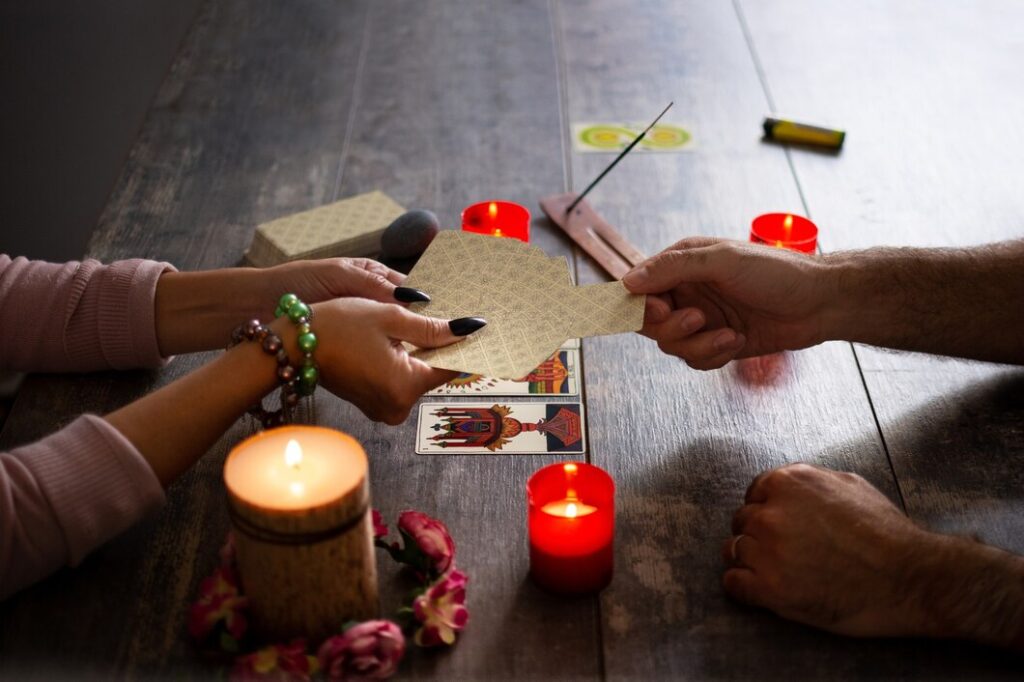
Scoring Gana Matching (6 Points)
The scoring mechanism for Gana Koota is heavily hierarchical, placing a premium on psychological harmony:
- 6 Points (Full Match – Best): When both partners belong to the same Gana (e.g., Deva/Deva, Manava/Manava, Rakshasa/Rakshasa).
- 6 Points (Full Match – Excellent): When the woman is Deva Gana and the man is Manava Gana. (Deva’s idealism nurtures Manava’s pragmatism).
- 5 Points (High Match – Good): When the man is Deva Gana and the woman is Manava Gana. (The human nature adapts to the divine nature).
- 1 Point (Poor Match – Difficult): When the woman is Rakshasa Gana and the man is Manava Gana. (The fierce nature clashes with the balanced nature).
- 0 Points (No Match – Worst): Any combination involving the Rakshasa Gana in a severely adversarial position, especially with the Deva Gana. This is known as Gana Dosha.
The Crux: The scoring reflects the belief that the ideal pairing involves partners of the same core nature, or a Deva/Manava supportive flow. The most feared combination is a clash between Deva Gana and Rakshasa Gana, as their worldviews and emotional requirements are fundamentally opposite.
The OREO Analysis: Temperament as the Home’s Atmosphere
The 6 points of Gana Koota underscore the importance of psychological comfort in the domestic sphere. This factor is about the relentless, daily friction that can make a home unbearable, even if love exists.
Opinion: Gana Koota Predicts the Emotional Climate of the Relationship
Opinion: Gana Koota is the crucial diagnostic tool for assessing the nature compatibility of a couple, accurately predicting the inherent emotional climate and determining whether the relationship will lead to mutual psychological nourishment or chronic stress.
Reason: Daily Habits and Styles Define Happiness
Reason: While Graha Maitri (5 points) confirms that two individuals are mentally friendly, Gana Koota (6 points) recognizes that daily life is governed more by habit and style than by philosophy. A simple difference in how emotions are handled—e.g., a Deva Gana partner needing quiet introspection versus a Rakshasa Gana partner needing an intense, cathartic argument—can create a perpetually stressful environment.
The highest weighting (6 points) is justified because the temperament dictates how the couple manages all other issues (finances, health, children). If the Ganas clash, all solutions are filtered through antagonistic temperaments, leading to inevitable exhaustion and collapse.
Example: The Deva vs. Rakshasa Conflict (Gana Dosha)
Consider a 0-point Gana matching between a Deva Gana woman and a Rakshasa Gana man. The Deva Gana is characterized by gentle idealism, high moral standards, and a deep aversion to conflict. The Rakshasa Gana is characterized by intensity, a need to dominate, and a practical, almost fierce approach to problem-solving. When a disagreement occurs, the Rakshasa partner wants to fiercely confront the issue to resolve it quickly, which the Deva partner perceives as violent and intimidating.
The Deva partner responds by withdrawing or becoming overly passive, which the Rakshasa partner sees as weak and manipulative. Their core natures are inherently incompatible: one needs peace, the other needs intensity. This constant misunderstanding, signaled by the Gana Kuta score, makes daily life a psychological struggle for survival, regardless of love.
Restatement: A Home for Comfort or Conflict
Therefore, a high Gana Kuta score promises a home built on synchronous psychological rhythms and easygoing temperament compatibility. A low score, particularly a Gana Dosha (0 points), is a severe warning that the partners must commit to deep personal transformation, learning to recognize and respect their partner’s entirely alien psychological operating system, or risk chronic emotional fatigue.
The Probing Depth of the 6 Points: Psychological Health
The 6 points of Gana Koota place it among the most essential factors because psychological health underpins all other aspects of marital life. It is the factor that ensures the survival of mutual affection.
Gana and Mutual Respect
The Gana Kuta provides insight into where genuine respect will be challenged:
- Deva vs. Rakshasa: The Deva may struggle to respect the Rakshasa’s aggressive passion, viewing it as unrefined. The Rakshasa may struggle to respect the Deva’s pacifism, viewing it as naive or weak.
- Manava: This group often acts as a bridge, finding it easier to adapt to both Deva (idealism) and Rakshasa (intensity), but can become frustrated by the extremes of both.
When the Ganas are harmonious (same Gana or Deva/Manava flow), the partners naturally respect each other’s chosen style of engagement, even if they disagree on the substance.
Gana Koota and Ego Management
In a sense, the Gana classification is the Vedic framework for nature compatibility through ego management.
- Deva Ego: Driven by high ideals and spiritual principles.
- Manava Ego: Driven by practical needs, ambition, and social standing.
- Rakshasa Ego: Driven by the need for power, control, and self-reliance.
If the Ganas are antagonistic, the partners’ attempts to fulfill their own deepest ego needs will constantly trip up their spouse. The Gana matching score is the ultimate guide for managing this inevitable collision of ego drives.
Conclusion: The Synchronicity of Souls
The Gana Koota is a fundamental 6-point factor in the kundli matching system, offering invaluable insights into the temperament compatibility that creates or destroys the psychological sanctuary of a marriage. It is the factor that defines the day-to-day emotional reality of the union.
The wisdom of Gana matching is a directive: understand your partner’s core nature, not as a flaw to be fixed, but as a given to be respected. A high score suggests a natural synchronicity of emotional and behavioral rhythms.
A low score, particularly the dreaded Gana Dosha, is a powerful signal that the couple’s approach to life is fundamentally different, requiring extraordinary levels of consciousness, empathy, and acceptance to transform inherent conflict into enduring, respectful love.
